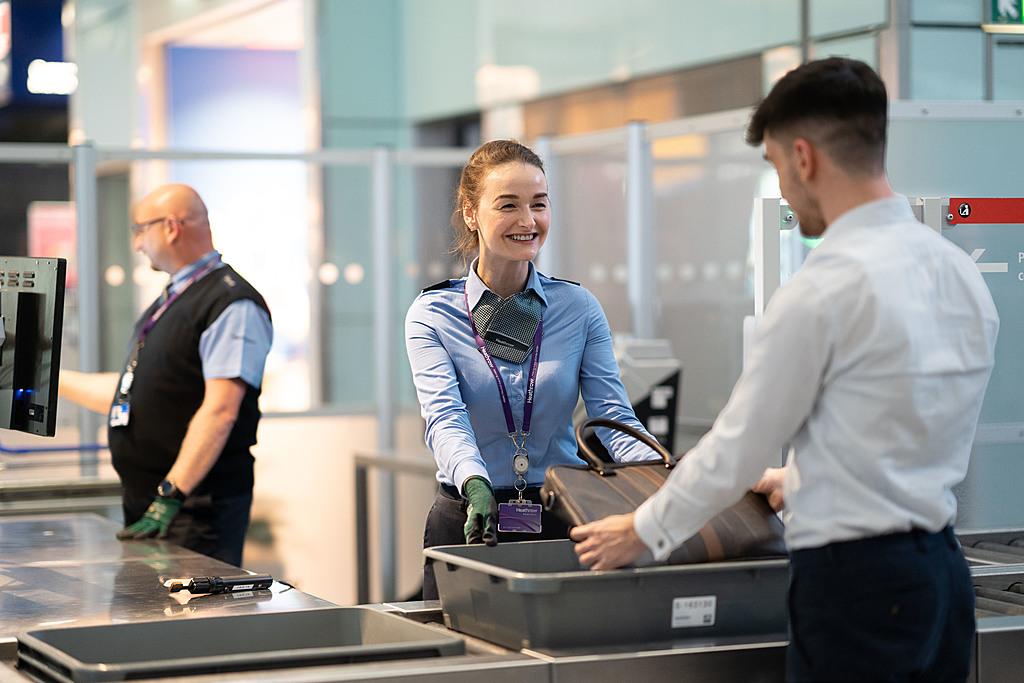Airports everywhere were hit by snow, but we will learn the lessons of December’s disruption.
An external inquiry will reveal what happened because of the snow at Heathrow on Saturday, December 18. Along with everyone who works at the airport, I am truly sorry for the thousands of disrupted journeys and spoilt holidays.
The inquiry is being led by a team of aviation experts from parts of the world familiar with heavy snowfall. I am responsible for what happens at Heathrow and my management team and I will act speedily on its conclusions. Meanwhile, we are urgently reviewing the airport’s preparedness if difficult weather occurs during the rest of this winter.
Heathrow’s reputation has been damaged and BAA’s progress in recent years has been set back. Nevertheless, for the sake of thousands of people and businesses whose reputations depend on Heathrow, I want to provide a more balanced account of what occurred.
Heathrow did not run out of de-icer. We secured extra deliveries, despite record consumption across Europe.
Funding for snow-clearing equipment was not restricted by BAA or its shareholders. Faced with more snow than we have seen in decades, the plan we agreed with airlines earlier in the year proved insufficient. So I have made a further £10 million available for new equipment, including snowploughs, blowers and tractors, and the people to operate them.
We did not decline any offer of help that would have helped to speed up the opening of a runway. In fact we brought in more people and equipment through the week to help to clear the snow. The generous offer of soldiers was made by the Government after the snow had been cleared.
We already have strong financial incentives to avoid disruption. Recent events have cost us millions in lost airport charges and higher operating costs. In particular, we added significant financial and human resources to those deployed by individual airlines, who are each responsible for accommodating their stranded passengers. Never before has Heathrow provided accommodation, food, people and telephones and computers to help with rebookings. We asked every office-based employee to get into the terminals to help passengers. But it took time to establish those resources and I deeply regret that too many passengers spent uncomfortable nights in Heathrow’s terminals.
The inquiry will certainly examine the support offered to stranded passengers, how to minimise the number of people arriving for flights that do not depart, and how to give reliable information in fast-changing circumstances. It will also examine plans to cope with the level of snowfall experienced on December 18, the like of which Heathrow has not faced before. For our planning to be effective, it must be done collaboratively with airlines. Yesterday’s announcement that Virgin Atlantic plans to stop paying its airport charges is disappointing.
Leaving aside that Virgin has no legal basis for this action, I know that passengers’ interests are better served by partnership between airports and airlines and that our inquiry will expose precisely what happened.
On that Saturday, Heathrow was closed by around twice as much snow as we had expected, in a little more than an hour. Then the temperature dropped, freezing the snow on parking stands. The northern runway was available within two hours - and we could have declared Heathrow open. However, that would have been misleading as, without usable parking stands, aircraft could not depart or arrive. It goes without saying that BAA and all who operate at Heathrow place the utmost priority on safety.
Faced with that amount of snow, our main challenge was to clear aircraft stands of snow and ice. New York’s big airports faced similar problems a few days later and it took other airports a similar time to recover. We can always do better, and we must — and will be — better prepared, but these circumstances would have tested any airport managers anywhere in the world. Last month, Amsterdam, Brussels, Copenhagen, Dublin, Frankfurt, Gatwick, Geneva, JFK, La Guardia, Newark, Paris and other airports were closed or disrupted for a time because of the weather.
Alone among these, Heathrow operates at maximum capacity every day of the year, so it takes us and the airlines longer to re-establish normal operations and repatriate stranded passengers after any disruption.
I am determined that we do not lose the ground made up in recent years. Heathrow in 2010 was no longer at the bottom of the passenger league table, where had it stood for many years. Instead it was near the top, ahead of nearly all our European competitors. The lessons learnt over Christmas are being made into improvement plans for Heathrow. That is the job of my team in the UK. Passengers, airlines and policymakers will judge our success.
Our owners also hold us to account. In the four years that they have owned Heathrow, our shareholders have invested nearly £1 billion each year, and continue to do so. There can be few private investors who, faced with the credit crunch, can match that tangible commitment to a vital UK asset.
Colin Matthews
Chief executive, BAA



